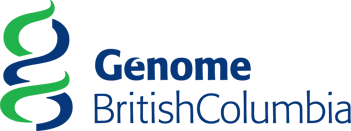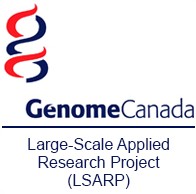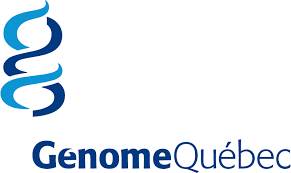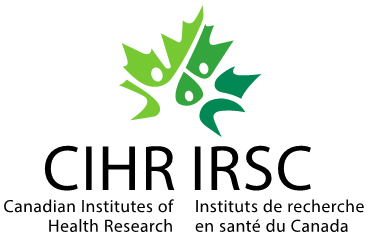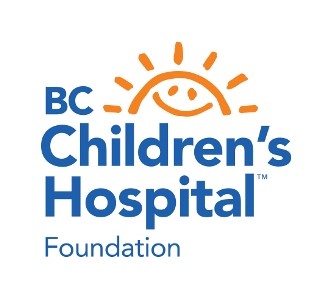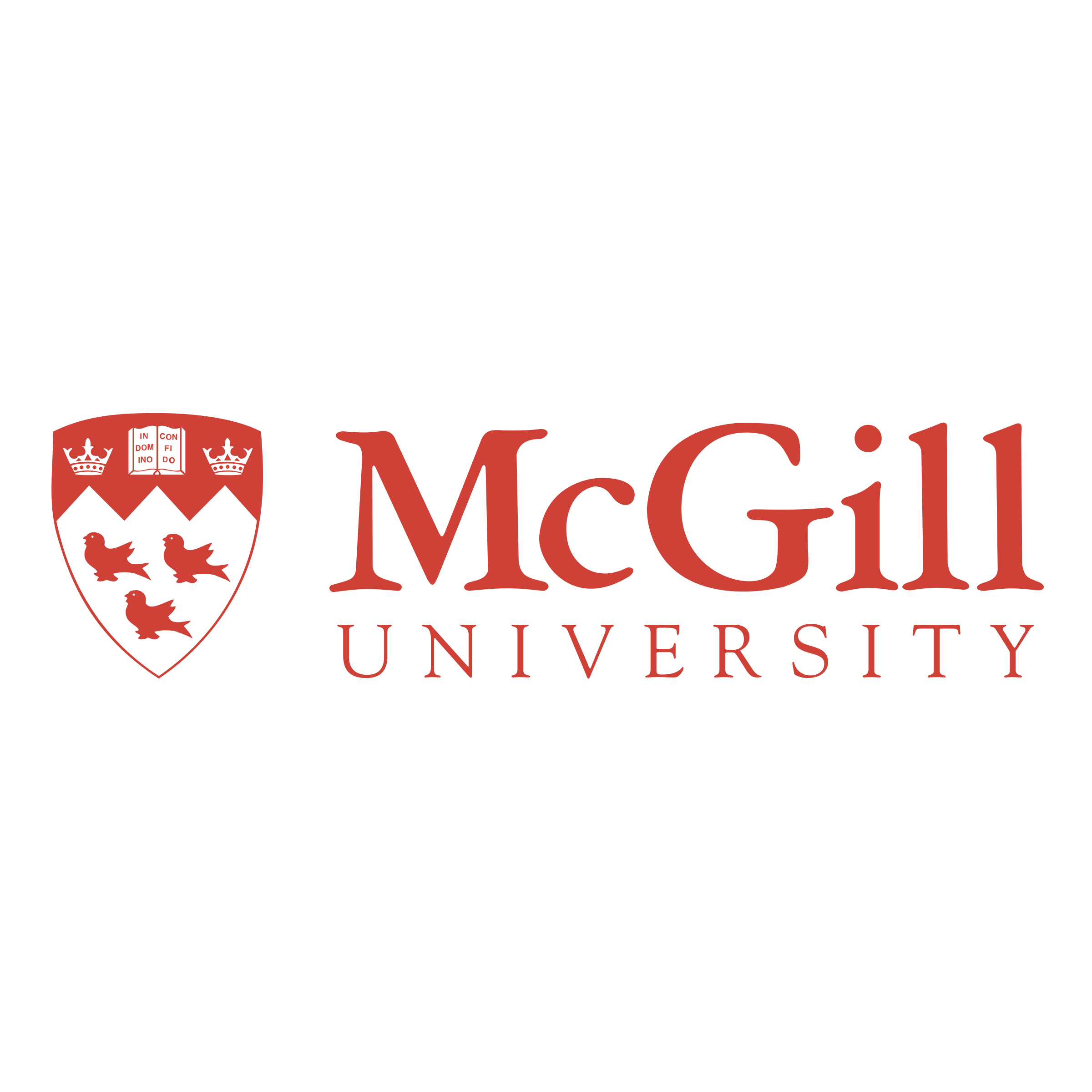ACTIVITY 4 - POLICY: Legal Recognition of Genetic Counsellors
Members: Dr. Bartha M. Knoppers and Dr. Ma’n H. Zawati (Co-Leads); Dimitri Patrinos and Roxanne Caron (Research Assistants) of the Centre of Genomics and Policy, McGill University, Faculty of Medicine
Rationale: Most genetic counsellors in Canada have been certified by the Canadian Association of Genetic Counsellors and/or the American Board of Genetic Counselors on the basis of demonstrated knowledge, skills, and attitudes. However, professional certification is not supported by any formal legal recognition in Canada, where the genetic counselling profession remains largely unregulated. Consequently, genetic counsellors are not currently subject to continuous oversight by professional peers, mandatory disciplinary measures, or robust professional inspection beyond those implemented ad hoc at a particular workplace. In the face of the increasing prominence of genetic counselling in the delivery of healthcare services, it is crucial to understand the potential effects of an absence of regulation over this medical profession. In particular, the extent to which unregulated professional practice negatively affects public safety and public trust requires careful study.
- Activity 4.1: Identification of the criteria for legal recognition in Canadian provinces
-
Our research team will conduct a comparative analysis of provincial professional legislation using British Columbia, Ontario and Québec as case models to identify the criteria for the legal recognition of professions in Canada. To further inform our research, we will consult legal and normative documents in international jurisdictions in which genetic counselling is legally recognized and analyze the applicability of international forms of recognition within the Canadian context.
- Activity 4.2: Categorization of genetic counsellors’ tasks and potential translation into legal duties provinces
-
Our research team will conduct a literature review of the tasks performed by genetic counsellors to uncover the essential constituent elements of genetic counselling. Given that genetic counselling is a continually developing profession, there is an increased potential that genetic counsellors encroach upon acts reserved by law to other healthcare practitioners. An annotated CAGC Code of Ethics will be produced using the results of Activities 4.1 and 4.2, representing the legal and ethical duties genetic counsellors would be required to abide by under a legally regulated framework.
- Activity 4.3: Determination of the feasibility of legal recognition using the results from 4.1 and 4.2 provinces
-
Activity 4.3 will entail creating a pan-Canadian working group, building on the legal recognition subgroup of the CAGC, with the objective of developing recommendations for legal recognition that can be used by provincial associations. The working group will consist of national and provincial genetic counselling associations, geneticists, patient representatives, directors of university training programs, and other organizations tasked with the creation of new professions. The results of Activities 4.1 and 4.2 will be interpreted and the advantages and disadvantages of the legal recognition of genetic counsellors will be deliberated on. A two-day consensus development conference will be held to discuss the feasibility of and potential pathways toward legal recognition. At the end of Activity, a white paper on the legal recognition of genetic counsellors in Canadian provinces will be produced.
